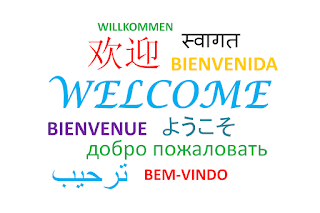What To Expect When Joining The IB (Pre-IB)

There are lots of positives for joining the IB that people continually talk about, but there are also some negatives that people sometimes might not consider. I compiled a list of the main things that occurred throughout my 3 years in the IB to give you some insight into what it means to be an IB student, and if you're the right fit for the curriculum. This is the first part of a 3 part series, where I cover Pre-IB, IB1 and IB2. Pre-IB You're just about to start the IB and your first taste-tester will be joining in Pre-IB. This is a preliminary year before you join the "official" IB program and it's pretty different from normal high-school. Here's a list of the different major things I found were a bit unique to the IB or were difficult and should be considered by any person thinking of joining the IB. Disclaimer: Pre-IB might not be available in some countries and, by joining an IB school, you might jump straight into IB1. However, many of


